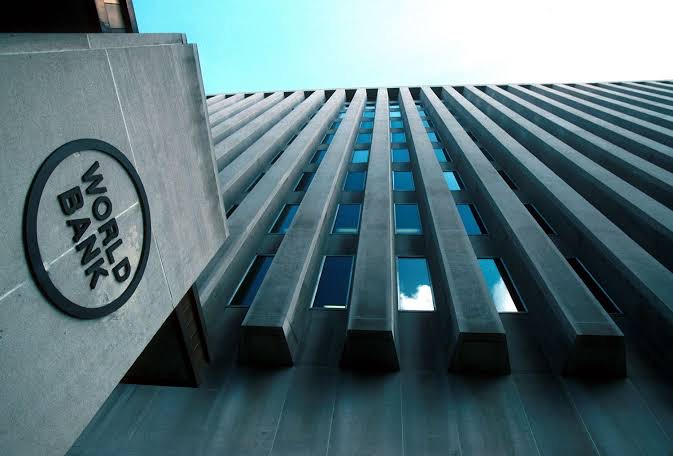To boost access to electricity and improve the performance of electricity distribution, the Word bank has approved the sum of $500m to Nigeria.
In a statement issued on Friday titled, ‘Nigeria to Improve Electricity Access and Services to Citizens,’ the World Bank said financial support would be provided to private distribution companies only on achievement of results in terms of access connections, improved financial management and network expansion.
The statement said, “85 million Nigerians don’t have access to grid electricity. This represents 43% per cent of the country’s population and makes Nigeria the country with the largest energy access deficit in the world.
The lack of reliable power is a significant constraint for citizens and businesses, resulting on annual economic losses estimated at $26.2 billion (₦10.1 trillion) which is equivalent to about two per cent of GDP.
According to the 2020 World Bank Doing Business report, Nigeria ranks 171 out of 190 countries in getting electricity and electricity access is seen as one of the major constraints for the private sector.”
The statement quoted World Bank Country Director, Shubham Chaudhuri as saying, “Improving access and reliability of power is key to reduce poverty and unlocking economic growth in the aftermath of the global COVID-19 pandemic.
“The operation will help improve the financial viability of the DISCOs and increase revenues for the whole Nigerian power sector, which is critical to save scarce fiscal resources and create jobs by increasing the productivity of private and public enterprises”.
The statement continued, “The Nigeria Distribution Sector Recovery Program (DISREP) will help improve service quality, as well as the financial and technical performance of distribution companies by providing financing based on performance and reduction of losses. This project complements the support provided under the Power Sector Recovery Operation (PSRO) approved in June 2020.
Specifically, it will ensure that distribution companies make necessary investments to rehabilitate networks, install electric meters for more accurate customer billing and to improve quality of service for those already connected to the grid. It will also help strengthen the financial and technical management of DISCOs to improve the transparency and accountability of the distribution sector.”
According to the World Bank task team leader for the project, Nataliya Kulichenko, “The program will only be eligible to those DISCOs that transparently declare their performance reports to public with the actual flow of funds based on strict verification of achieved performance targets by an independent third party. The program would also make meters available at affordable prices to all consumers in Nigeria, a long pending demand of Nigerians.”
The statement added that “the program will reduce the CO2 emissions of the Nigerian power sector by reducing technical losses, increasing energy efficiency, replacing diesel and biomass with grid-electricity, and investing more in on- and off-grid renewable energy. DISREP supports the development of regulatory guidance on climate-resilient infrastructure and facilitates the inclusion of climate risks in decision making.”

